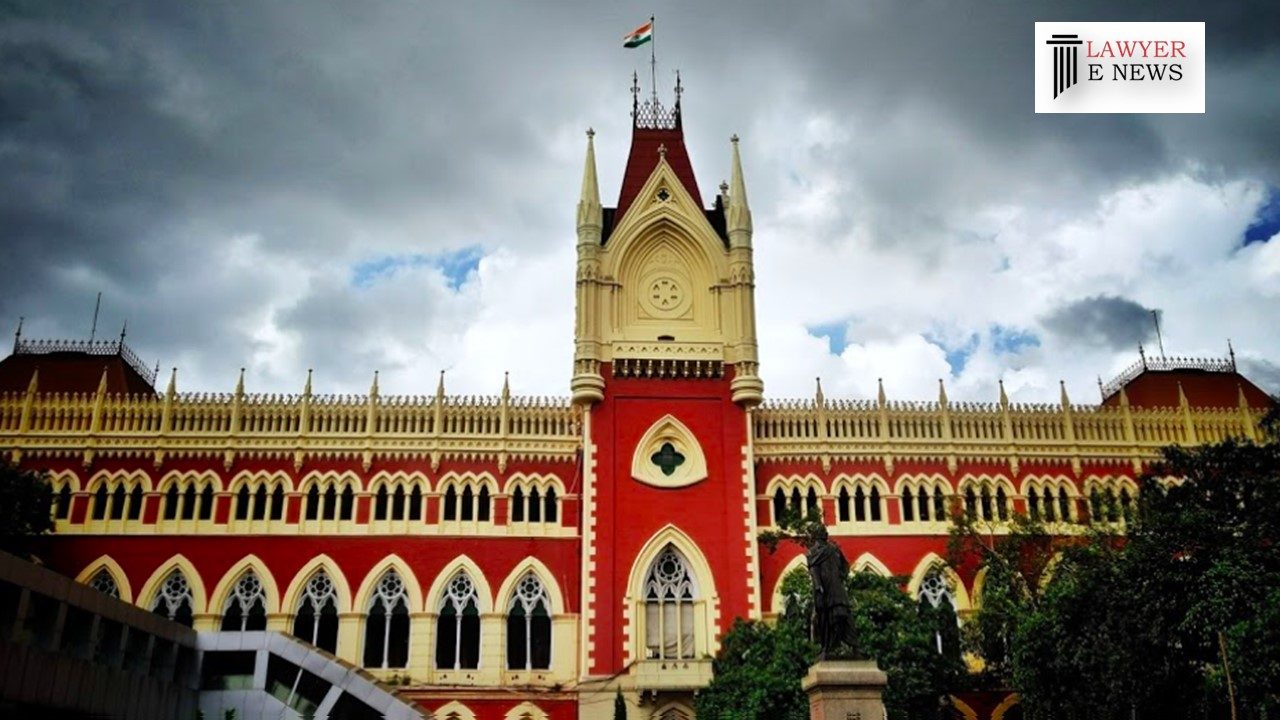-
by sayum
14 February 2026 2:22 PM



In a significant ruling on May 3, 2024, the Calcutta High Court quashed FIR and charge-sheet against professional directors involved in a case of alleged unauthorized construction under Section 401A of the Kolkata Municipal Corporation Act, 1980. The bench presided by Hon’ble Justice Ajay Kumar Gupta observed that the professional directors not engaged in day-to-day operations or construction activities cannot be held vicariously liable for acts outside their remit.
The petitioners, who served as professional directors and were not involved in the operational or construction decisions of the company, faced criminal charges related to unauthorized construction. The legal discourse centered on whether directors uninvolved in daily management could be implicated in criminal proceedings under corporate liability laws.
The case stemmed from an FIR lodged in 2015 concerning a building constructed by Standard Pharmaceuticals Limited, where the petitioners were directors. Despite having necessary permits and no direct involvement in construction decisions, the directors were implicated based on their professional titles alone. The charges specifically questioned the legality of additional construction done after the initial building plan was approved and completed.
Role Identification in Corporate Liability: The court emphasized the need for clear role identification before charging directors under corporate liability. Justice Gupta noted, “A director or additional director appointed as professional directors of the company, were not in charge or responsible for the conduct of illegal construction as alleged at the relevant point of time, will not be held liable for an offence under Section 401A of the K.M.C. Act, 1980.”
Absence of Specific Allegations: The judgment highlighted the absence of specific allegations or evidence linking the petitioners directly to the unauthorized construction activities. It was pointed out that the FIR and subsequent charges were generalized and did not specify the exact roles of the accused directors.
Abuse of Legal Process: The court recognized the proceedings against the professional directors as an abuse of the legal process, stating, “if there is no specific allegations about the role played by the Director sought to be held vicariously liable, then prosecution of such Director is not maintainable being abuse of process of law.”
Concluding its analysis, the court quashed the FIR and charge-sheet filed against the petitioners, reiterating the principles of corporate liability that shield non-executive directors from unwarranted legal battles over actions beyond their control and duties.
Date of Decision: May 3, 2024
Premlata Mago and Another vs. The State of West Bengal
